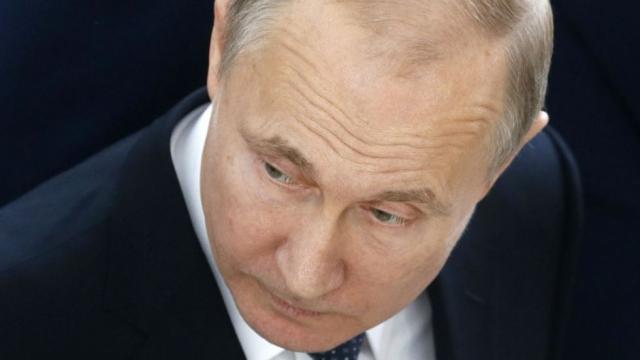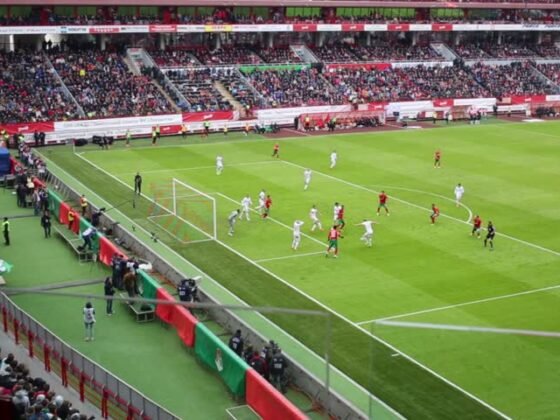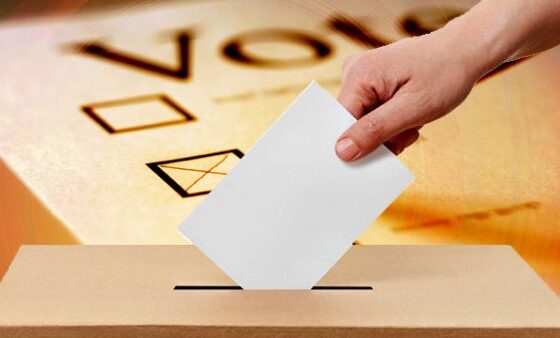(The Hill) Since a dominant electoral victory earlier this year anointed him to a fourth presidential term, Russian President Vladimir Putin has had little to cheer about. In recent weeks Russia has suffered a massive coordinated expulsion of diplomats from more than 20 countries in response to the alleged poisoning of a former Russian spy living in England, a stock market crash unleashed by a new round of U.S. sanctions on Russian oligarchs with ties to the Kremlin and a domestic political crisis precipitated by a disastrous fire in a Siberian shopping mall that killed more than three dozen children.
But even before these recent troubles, it was clear that Russian politics had reached a paradoxical point. With nearly 77 percent of voters casting a ballot in favor of the president, the 2018 elections were Putin’s best electoral showing in his nearly two decades of power. Bolstered by genuine popular support combined with authoritarian measures, Putin’s grip on power for the time being remains tighter than ever.
Yet as a political scientist specializing in Russian politics, the most noteworthy aspect of Putin’s victory was the striking contrast between Putin’s momentary display of dominance and the startling uncertainty of what comes next. […]
Read More © The Hill











